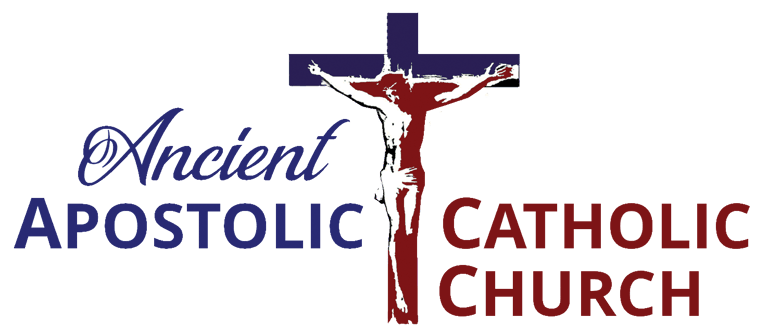The Oratory, Birmingham
PILGRIMAGE UK: HOLY PLACES

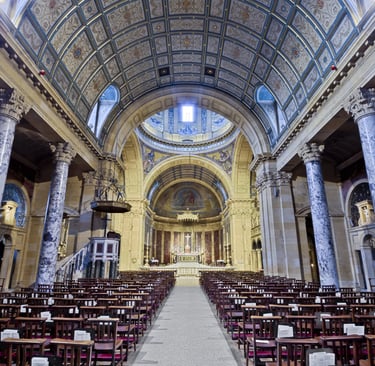
In the bustling heart of Birmingham, the Birmingham Oratory stands as a beacon of spiritual depth and intellectual rigor—a place where the ministry and life of St John Henry Newman continue to inspire and guide the faithful. Founded in 1848 by Newman himself, the Oratory remains a vibrant centre for lay and clerical communities, embodying the ideals of a Christian life that is as committed to the demands of reason as it is to the call of divine revelation.
The origins of the Birmingham Oratory are inseparable from Newman’s personal and spiritual journey. After his conversion to Catholicism—a transformation marked by deep personal introspection and a courageous break with his Anglican past—Newman embraced a vision of a faith that was not only a matter of sentiment but of sincere, reasoned assent. His entry into the Oratorian community in Rome, where he was ordained in 1847, provided him with a framework for a ministry that would blend the contemplative with the apostolic. At the Oratory, the faithful were invited to experience an authentic relationship with God—a relationship informed by a profound intellectual engagement with the mysteries of faith.
Walking through the hallowed interiors of the Birmingham Oratory, one is immediately struck by an atmosphere of thoughtful reverence. The building itself, constructed in a classical style with early Italian Baroque influences, is a memorial not only to liturgical tradition but also to the dynamic legacy of Newman’s ministry. Every stone seems to echo his belief that faith must be both felt and understood—a conviction that resonates through his seminal works, such as the Grammar of Assent, where he argued that our acceptance of revealed truth must be grounded in both personal experience and objective certainty. For Newman, Christianity was not an assemblage of abstract ideas but a deeply personal and communal reality that required the whole person—heart, mind, and will—to embrace.
Newman’s influence on modern Catholic thought is palpable at the Oratory, where his life continues to serve as a compass for many pilgrims seeking to navigate the complexities of the contemporary world. His ministry was characterised by a deep commitment to the objective truth of the Catholic faith, often in the face of considerable opposition. In a turbulent era marked by religious controversy and social change, Newman demonstrated that a sincere pursuit of truth could transform lives and institutions alike. He was a man who saw the Church not as an outdated relic of the past but as a living, breathing community capable of speaking to both the mind and the heart. His insistence on the importance of truthful dialogue, thorough reasoning, and humble obedience to divine revelation continues to shape the ministry at Birmingham Oratory.
Within the quiet chapels and communal spaces of the Oratory, the legacy of Newman is preserved not merely in the historical records or in the memorabilia exhibited in the Cardinal Newman Museum, but in the everyday life of prayer and study. Visitors and parishioners alike are drawn to these spaces to reflect on the transformative power of a faith that is both intellectually robust and deeply personal. His life serves as a reminder that the search for truth is a lifelong journey—one that requires the courage to question, the humility to learn, and the steadfastness to hold on to what is revealed from above. Through his writings and his example, Newman has gifted the Church a model of how to live a faith that engages with the modern world without compromising the timeless truths of the Gospel.
The ministry of St John Henry Newman also speaks to the dynamic nature of conversion and transformation. His personal journey from one religious tradition to another was not a rejection of the past but an embrace of a higher calling—a call that recognized the permanence of Christian truth even as its expression evolves with the times. At Birmingham Oratory, this spirit of transformation is celebrated through a liturgical life that is marked by both solemnity and warmth. The Oratory offers a rich program of sermons, liturgical celebrations, and educational events that invite participants to delve deeply into the teachings of the Church. Here, the faithful discover that conversion is not a single event but an ongoing process of growth, a process that Newman himself lived out with remarkable integrity and passion.
One of the most compelling aspects of Newman’s legacy is his insistence on the unity of faith and reason. In a time when intellectual inquiry was often pitted against religious belief, Newman demonstrated that the two could coexist harmoniously. His Grammar of Assent argues that true belief is not an act of blind trust but is the result of careful consideration, study, and reflection. This perspective is not only a testament to his intellectual prowess but also a call to all who seek a deeper understanding of the mysteries of Christianity. For the modern pilgrim who finds solace within the walls of Birmingham Oratory, Newman’s life offers an invitation to engage with complex theological ideas without fear, to embark on a personal quest for truth that is both rigorous and generous.
The Birmingham Oratory itself stands as a reflection of Newman’s desire to create an inclusive and intellectually vibrant community. It is a space where individuals from diverse backgrounds can come together to share in the common pursuit of truth and beauty. Regular gatherings, from lectures to musical events and prayer groups, allow the spirit of Newman’s vision to be relived in the lives of its attendees. The community thriving within the Oratory understands that the models of faith left by great thinkers like Newman are not static relics of history but are active sources of inspiration. They serve as guideposts for living a life that is attuned to the demands of both the modern world and a higher, transcendent order.
In reflecting on the life and ministry of St John Henry Newman, one cannot help but notice his unwavering commitment to a faith that was as intellectually demanding as it was spiritually enriching. His conversion was transformative both for himself and for the broader narrative of the Church in England. Newman's legacy is not merely found in the texts he left behind or in the physical structure of the Birmingham Oratory; it is also found in the countless lives he touched with his example. His determination to seek God with both the heart and the mind has carved a pathway for future generations of Catholics who seek to reconcile the complexities of modern life with the timeless truths of the Gospel.
For every pilgrim who steps into the Birmingham Oratory, there is an encounter with a living tradition of faith—one that calls forth the same questions, hopes, and aspirations that animated Newman’s ministry over a century and a half ago. The quiet moments in the chapel, the stirring echoes of the liturgy, and the open spirit of the community all speak to a heritage rooted in deep theological reflection and practical ministry. Here, in the urban heart of Birmingham, Newman’s vision endures, inviting each soul to partake in a journey of renewal and discovery.
Ultimately, Birmingham Oratory is more than a historical monument; it is a vibrant centre for spiritual formation and intellectual exploration. It stands as a testament to St John Henry Newman’s belief that the quest for truth is a lifelong pilgrimage—a journey that demands both passion and patience, intellect and intuition. In the careful balance of tradition and innovation that characterises the Oratory’s ministry, one finds a mirror of Newman’s own legacy—a legacy that continues to inspire, challenge, and nurture the faithful in a modern world.
In this sacred space, the ministry of St John Henry Newman remains not only a memory of the past but a living, breathing call to embrace the fullness of Christian life. It is a call to engage with one’s faith deeply and authentically, drawing strength from the rich tapestry of intellectual inquiry, doctrinal clarity, and pastoral care that Newman so fervently championed. His life, his writings, and his unwavering commitment to the truth of the Catholic faith continue to shape the experience of every pilgrim who comes seeking solace, direction, and a genuine encounter with God.
Birmingham Oratory, with its profound legacy and continuing ministry, stands as an enduring beacon for those on the pilgrimage of faith—a place where the spirit of St John Henry Newman lives on, guiding hearts and minds toward a deeper understanding of what it means to be a follower of Christ in a complex and ever-changing world.
Pilgrimage Through the Legacy of St John Henry Newman at Birmingham Oratory
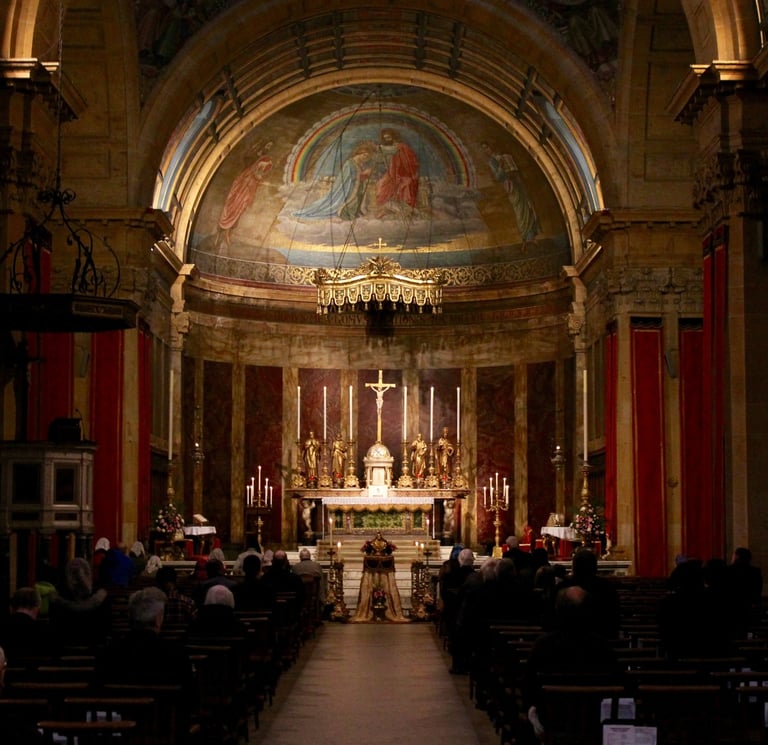

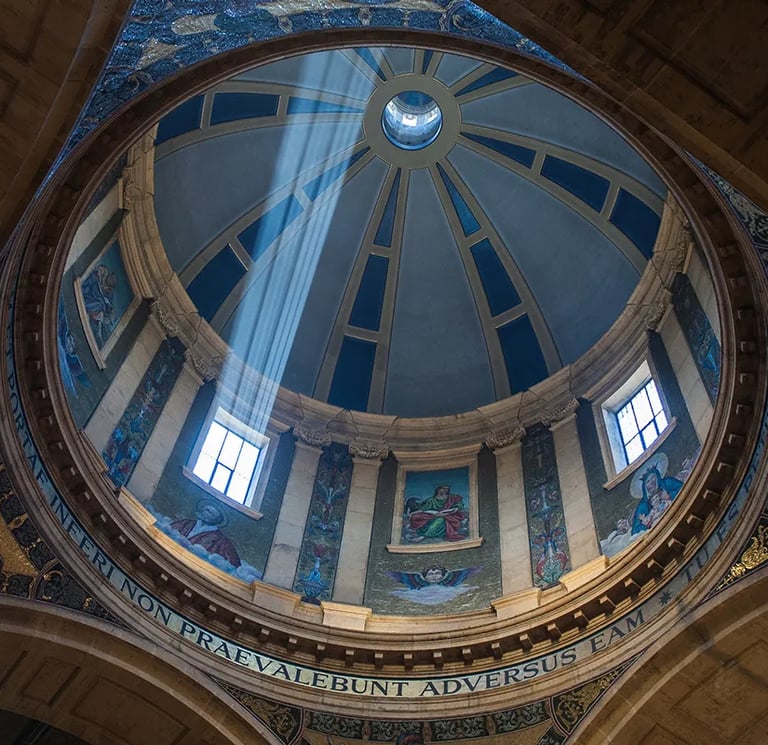

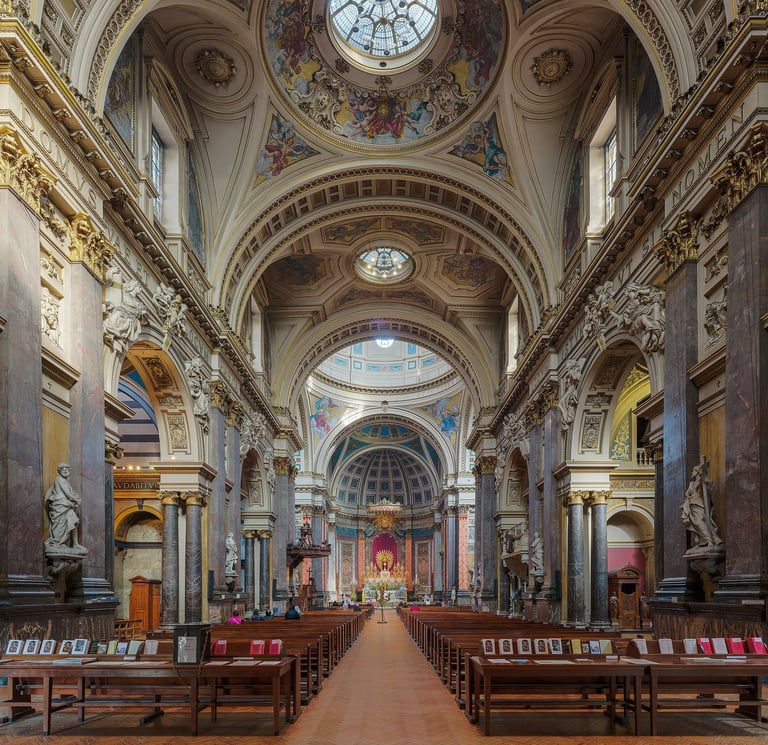

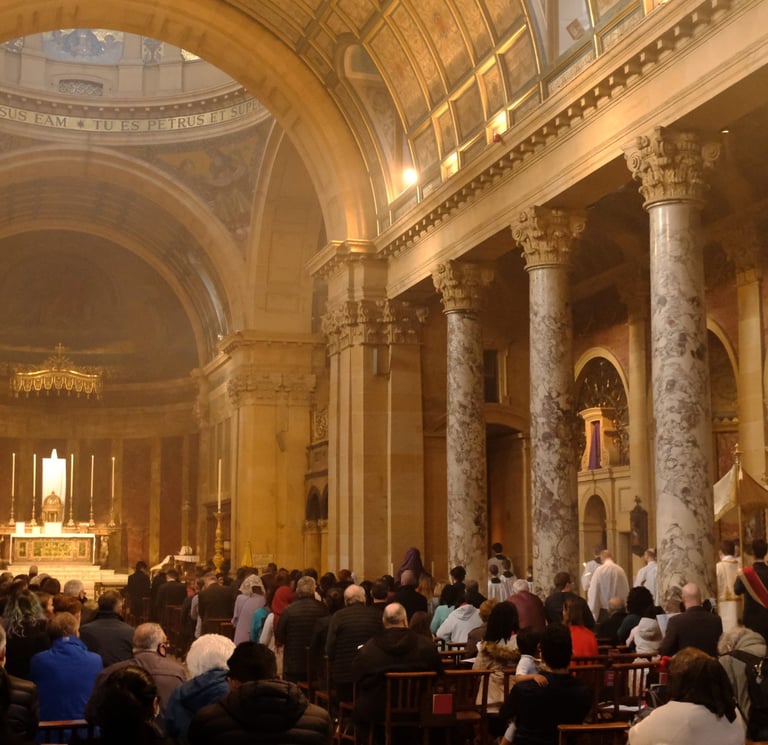

Ancient Apostolic Catholic Church
Embracing faith, inclusion, and compassionate service together.
ST THOMAS AQUINAS SEMINARY
© 2025. All rights reserved
QUICK LINKS
